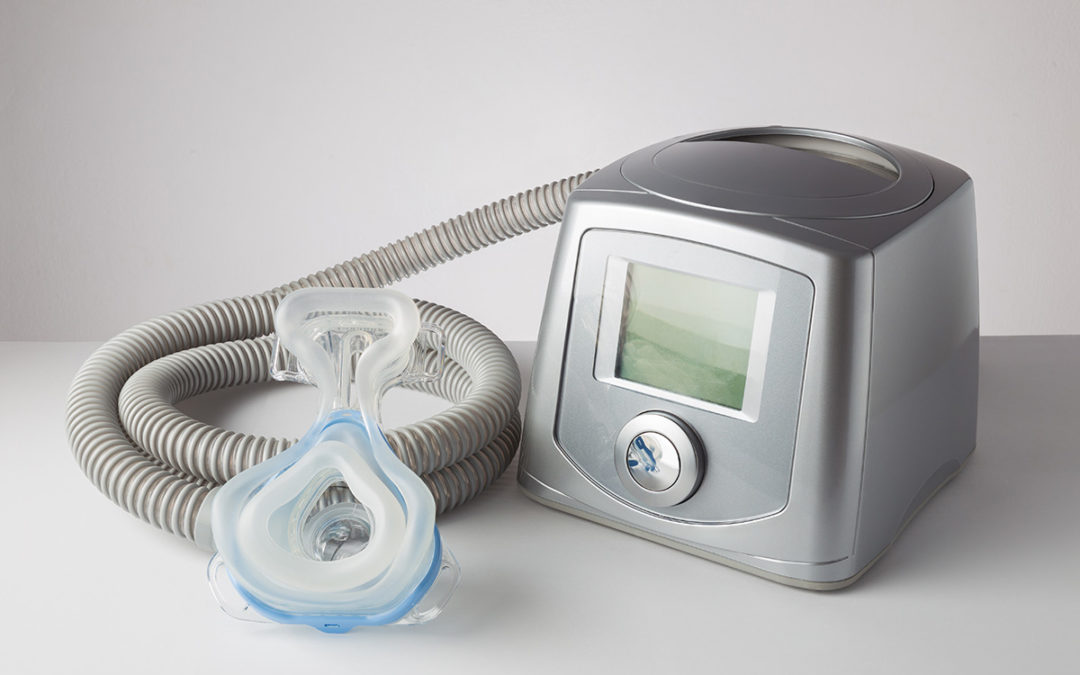Summary
While CPAP machines are the first line of treatment for sleep apnea, they can be hard to tolerate. Learn why and discover CPAP alternatives here.
If you’ve been diagnosed with sleep apnea, chances are your doctor has recommended a CPAP machine to help you breathe more easily at night. While this is the most commonly prescribed treatment for apnea, not everyone is able to use it successfully. Learn about different ways to treat sleep apnea and keep your airway open at night below.
How CPAP (Continuous Positive Airway Pressure) Works
Continuous Positive Airway Pressure (CPAP) works by pushing a constant stream of air through a mask that you wear while sleeping. This continuous airflow keeps your airway open and prevents it from collapsing. Although it’s a highly effective treatment that can help eliminate health risks associated with apnea, it comes with downsides that some patients feel outweigh the benefits.
Common Reasons Why Patients Have Difficulty with Their CPAP
There are many reasons why a patient might find it hard to use their CPAP at night, such as:
The Mask is Bulky and Uncomfortable
One of the biggest complaints from sleep apnea patients who don’t use their CPAP is that the mask is uncomfortable. For side sleepers or those with facial hair, finding a good seal can be frustrating.
You Can’t Find a Mask That Fits Right
It can take time and multiple fittings to find a mask that fits well and feels comfortable, which can be discouraging for patients who are in need of results.
The Mask Feels Claustrophobic
The sensation of having something on your face, combined with the steady pressure of air, can be overwhelming for patients. Some people experience panic attacks or feel anxious when trying to fall asleep with the mask on.
It Keeps Coming Off When Moving Around
Active sleepers may find that the mask becomes dislodged throughout the night, which not only disrupts their therapy but also their sleep quality.
The Machine Is Too Loud to Sleep
Some CPAP machines are louder than others, especially those that are old or in need of repair. Patients can often find the sound of the motor or the air blowing disruptive, especially if they’re light sleepers or share a bed with a partner.
The Constant Air Can Cause Congestion and a Sore Throat
CPAP machines can sometimes cause nasal dryness, congestion, or a sore throat. Patients often give up after just a few nights of treatment because they wake up feeling worse than they did before they went to bed.
The Mask Causes an Allergic Reaction
Rarely, patients may experience sensitivity or allergic reactions to the mask material, adhesives, or solutions used to clean the mask. This can make discomfort when wearing the mask even more pronounced, or make wearing the mask impossible.
Treating Sleep Apnea Holistically
If you’ve tried CPAP, and it just isn’t working for you, it’s important not to give up. There are other, more holistic ways to treat sleep apnea that address the root cause of your symptoms and fit more naturally into your lifestyle.
At Green Dentistry, we take a whole-body approach to health and sleep. We typically recommend oral appliance therapy for patients with sleep apnea who struggle with using a CPAP or prefer to try alternative treatments first.
These are custom-made dental devices that gently reposition your jaw to keep your airway open during sleep. They are pocket-sized and don’t make any noise, so you can take them anywhere without disrupting others when you sleep. Many patients find them far easier to adjust to, which increases long-term compliance and effectiveness.
In addition to oral appliance therapy, we may recommend complementary treatments like myofunctional therapy, dietary adjustments, or stress-reduction techniques that support better sleep.
Schedule a Sleep Study Today
If you suspect that you or a family member may have sleep apnea, or you’ve been diagnosed but aren’t able to use a CPAP, Green Dentistry can help. We can perform an at-home sleep study and make personalized treatment recommendations based on your results. Contact us to schedule your appointment with Dr. Patel today by calling (415) 433-0119, or click here to request an appointment online.




